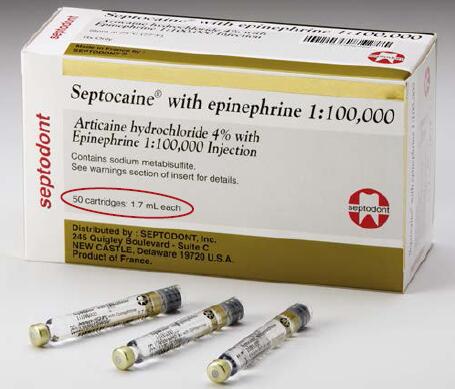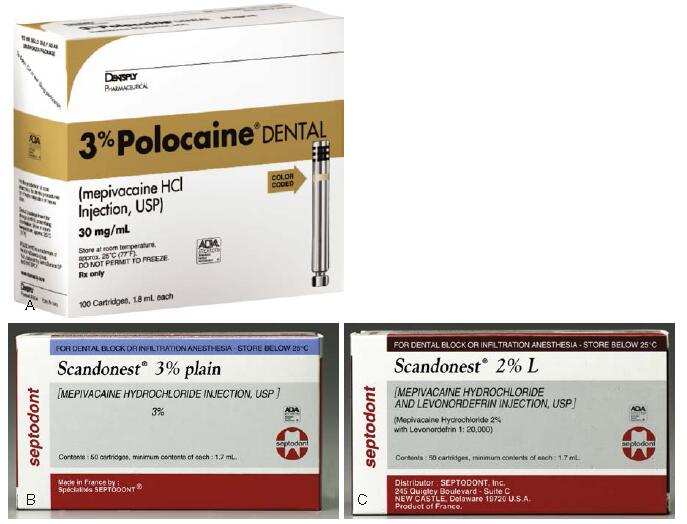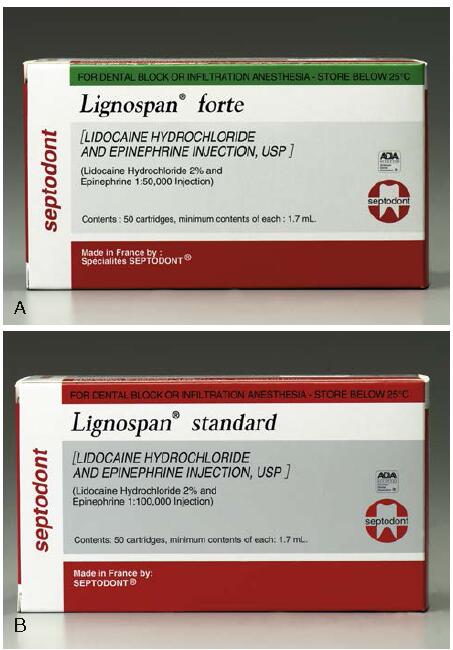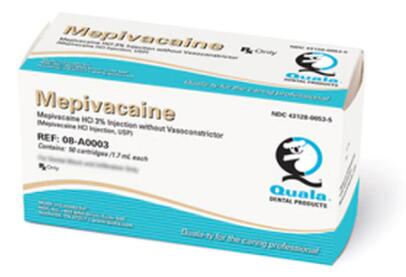An anesthetic (American English) or anaesthetic (British English; see spelling differences) is a drug used to induce anesthesia ?— ?in other words, to result in a temporary loss of sensation or awareness. They may be divided into two broad classes: general anesthetics, which result in a reversible loss of consciousness, and local anesthetics, which cause a reversible loss of sensation for a limited region of the body without necessarily affecting consciousness.
Lidocaine hydrochloride: A local anesthetic
Lidocaine hydrochloride is a local anesthetic that is used to numb an area of your body to help reduce pain or discomfort caused by invasive medical procedures.
Mar 19,2025 AnestheticsWhat is Atracurium Besylate Injection
Atracurium Besylate Injection is a clear, colorless, or faintly yellow, sterile solution for injection. Each mL contains 10 mg atracurium besylate.
Apr 15,2024 AnestheticsGeneral Introduction of Caffeine
Caffeine has recently become popular as a component of topical cosmeceuticals due to its well-known biological activity. It has many effects on the skin including antioxidant properties.
Mar 3,2022 AnestheticsBupivacaine hydrochloride--Metabolism, Excretion, Pediatric use and recommended dose
Bupivacaine hydrochloride has particularly long action, and some nerve blocks last more than 24 hours; this is often an advantage for postoperative analgesia.
Oct 15,2020 AnestheticsArticaine hydrochloride--Potency, Toxicity, Metabolism, Excretion, Pediatric use and recommended dose
Articaine hydrochloride with epinephrine is contraindicated in persons with known sensitivity to amide-type local anesthetics (few to none) and in persons with sulfite sensitivity (such as some asthma
Oct 13,2020 AnestheticsPrilocaine Hydrochloride--Metabolism,Excretion,Pediatric use, Biological Functions
Prilocaine hydrochloride (Citanest) is an amide anesthetic whose onset of action is slightly longer than that of lidocaine; its duration of action is comparable.
Oct 12,2020 AnestheticsWhat is Lidocaine hydrochloride?
Lidocaine hydrochloride is a local anesthetic and antiarrhythmic drug. It is clinically used for infiltration anesthesia, epidural anesthesia, surface anesthesia and nerve conduction block.
Oct 10,2020 AnestheticsWhat is Mepivacaine?
Mepivacaine hydrochloride [N-(2, 6-dimethylphenyl)-1-methyl 2-piperidinecarboxamide monohydrochloride] is an amino amide-type local anesthetic agent widely used to provide regional analgesia and anest
Oct 9,2020 AnestheticsTetracaine hydrochloride – a local anesthetic widely used in clinic
Tetracaine hydrochloride is a local anesthetic used to numb the eyes, nose, or throat. It may also be used before starting an intravenous to decrease pain from the procedure. Typically it is applied a
Dec 30,2019 AnestheticsPramoxine hydrochloride: Application & Preparation
Pramocaine (INN and BAN, also known as pramoxine or pramoxine HCI) is a topical anesthetic discovered at Abbott Laboratories in 1953 and used as an antipruritic.
Nov 7,2019 Anesthetics












